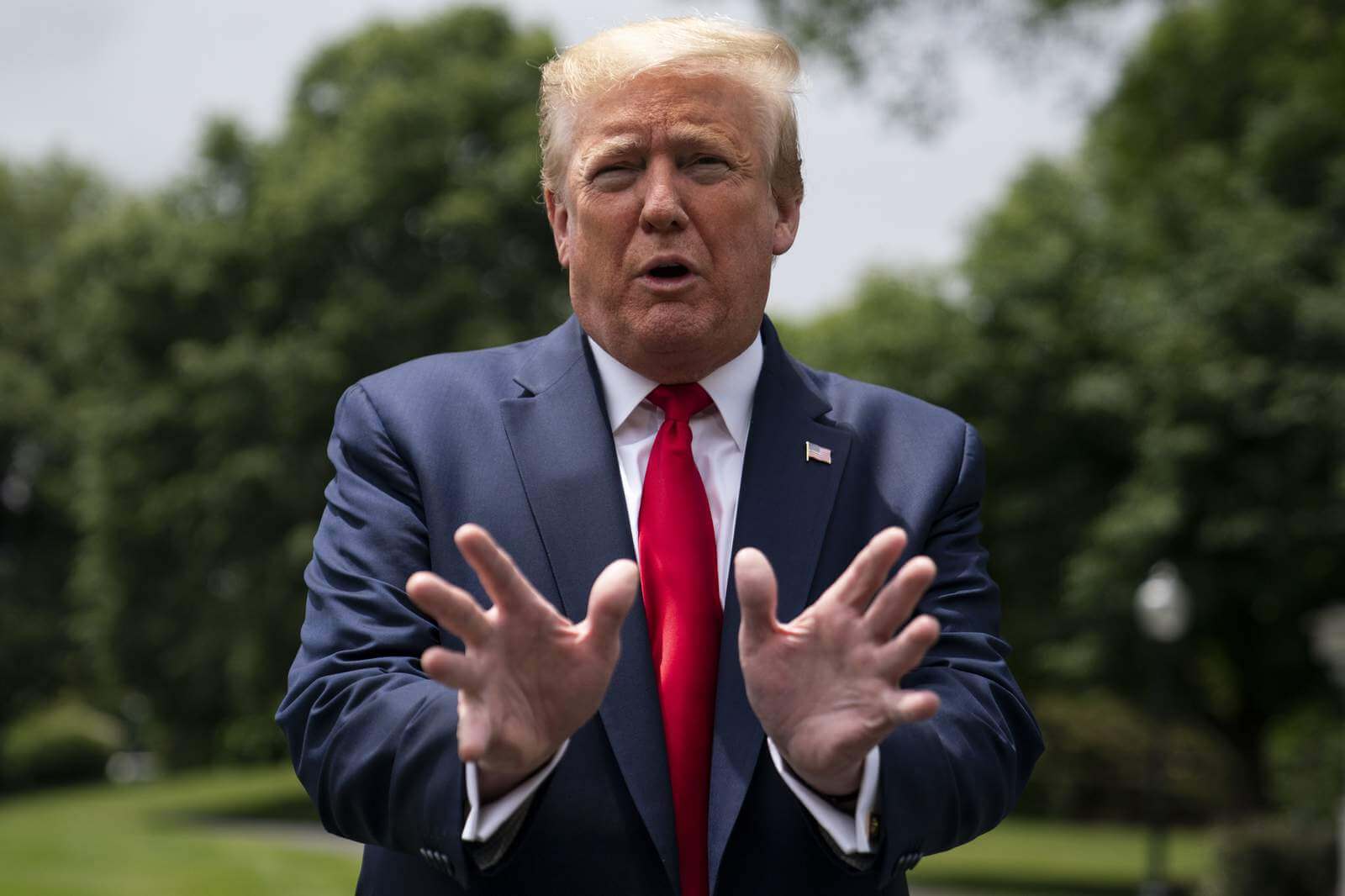
Prosecutors in Georgia are poised to launch a significant legal offensive against former President Donald Trump as they present evidence related to his alleged efforts to overturn the 2020 election results. This high-stakes case could result in a groundbreaking trial, making history as the first televised trial of a former U.S. president and employing charges frequently utilized in cases targeting organized crime.
The anticipated grand jury proceedings, set to commence on Monday, mark the fourth legal challenge to Trump’s actions this year alone. The case raises the possibility of a sprawling, multi-defendant indictment with potentially far-reaching implications. The charges against Trump, if brought forward, could usher in a watershed moment in U.S. legal history.
In response to the looming legal battle, Trump took to his recently established Truth Social platform to decry the investigation as “ridiculous.” He also singled out a local election official by name, labeling them a “loser” and urging them not to testify before the grand jury. Trump’s defiant messages underscore the significance of the investigation and its potential implications.
Among the incidents expected to form the basis of the charges is the now-infamous phone call placed by Trump to Georgia officials. In the call, Trump reportedly urged officials to “find” just enough votes to reverse his defeat to President Joe Biden. This incident has been widely scrutinized and is likely to play a central role in the case against him.
Legal analysts also anticipate that Trump could face charges related to a scheme involving the submission of fraudulent certification of a supposed victory in Georgia to the U.S. Congress. Additionally, Trump’s aides may be implicated in providing false testimony concerning allegations of election fraud.
The sweeping nature of the case extends beyond these core allegations. It is expected to encompass allegations of harassment against two Fulton County poll workers as well as the unauthorized access of sensitive data from an elections office in a rural county south of Atlanta. The timing of this access, which occurred shortly after the 2021 Capitol riot, adds a layer of complexity to the case.
In a distinct legal development, a “special” grand jury convened last year and interviewed 75 witnesses. The subsequent secret report, issued in February, reportedly recommended a series of indictments. Legal experts predict that Atlanta-area prosecutor Fani Willis may consolidate the charges against Trump and potential co-conspirators using Georgia’s Racketeer Influenced and Corrupt Organizations (RICO) law.
Traditionally aimed at combating organized crime, racketeering statutes enable prosecutors to connect diverse offenses committed by various individuals toward a common goal, whether criminal or not. The utilization of this legal framework in the Trump case underscores the gravity of the allegations.
Unlike the federal system, Georgia’s court procedures are more transparent, allowing for the possibility of televising the case from its preliminary stages. The grand jury in Fulton County meets regularly on Mondays and Tuesdays, and observers expect that Willis will adhere to her usual timeline of concluding and presenting any approved indictments within two days in line with racketeering cases.
As the legal saga unfolds, the eyes of the nation are on Georgia, where the outcome of this unprecedented case could reshape the legal landscape and redefine the consequences former presidents may face for their actions.





Comments are closed.